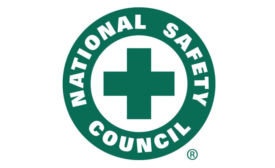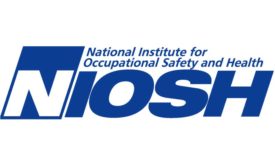News
Suit filed against new pork company self-inspection rule
“The USDA is letting the wolf guard the hog-house”
January 14, 2020
$500K grant to help NSC speed adoption of workplace safety tech
Work to Zero initiative helps employers understand, embrace life-saving safety innovations
January 14, 2020
Never miss the latest news and trends driving the safety industry
eNewsletter | Website | eMagazine
JOIN TODAYCopyright ©2024. All Rights Reserved BNP Media.
Design, CMS, Hosting & Web Development :: ePublishing









